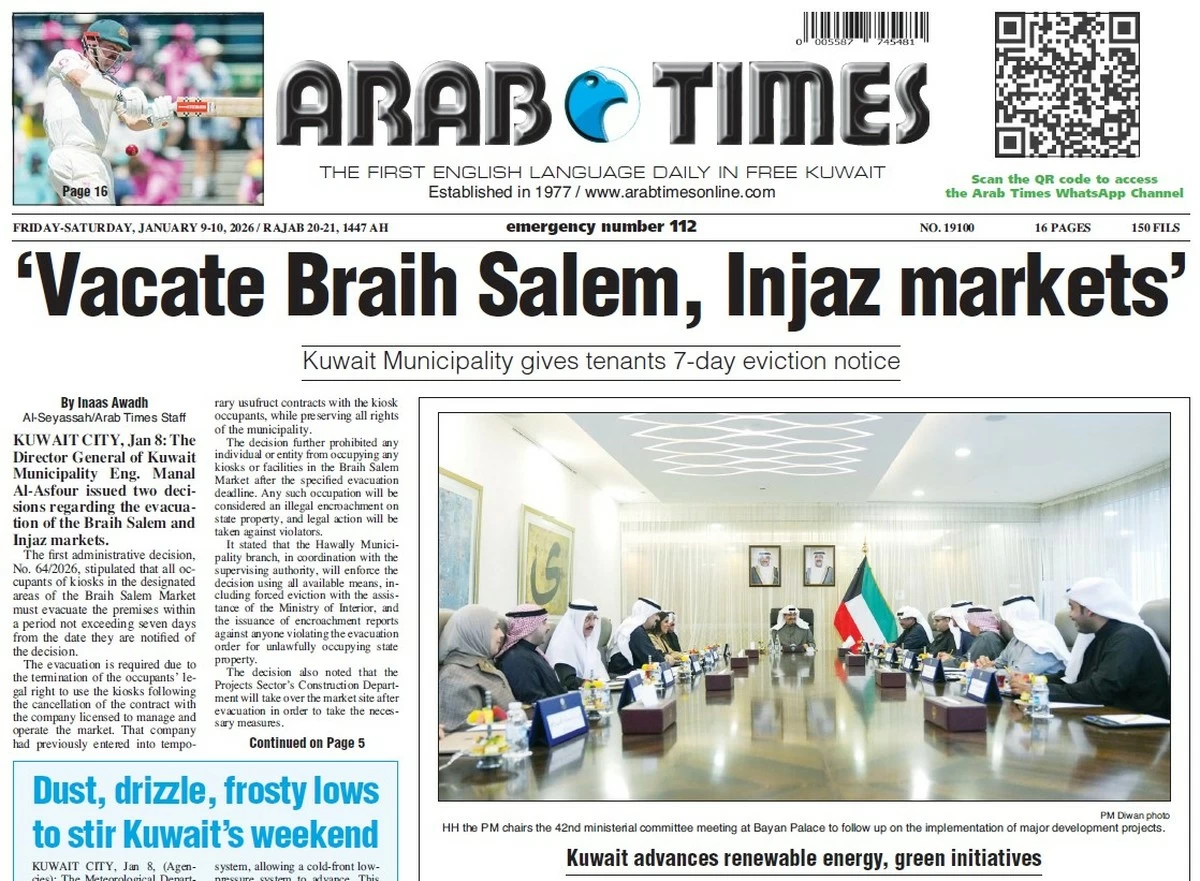13/06/2024
13/06/2024
KUWAIT CITY, June 13: The Public Authority for Manpower (PAM) has conducted several meetings with different private institutions to figure out the reasons behind their unwillingness to hire Kuwait workers in case PAM increases the percentage, reports Al-Rai daily. According to informed sources, banks constituted the majority of the participants in the discussions, as the banking field is considered the most attractive field in the private sector for Kuwaiti graduates.
As per reports issued by national banks union, almost 12,200 Kuwaiti citizens are working at private banks as of the end of December 2023, making up 77 percent of the total bank workers. This percentage is higher than the one determined by PAM. Increasing the percentage of Kuwaiti workers in private banks requires enhancing the establishment of sustainable projects that will allow banks to increase the banking business so that more number of national workers can be received.
The sources explained that industrial businesses were also part of the discussions and questions were raised about the reasons behind the hesitation among citizens to join this field. Representatives of Kuwait Industries Union affirmed their keenness to increase the number of national workers but highlighted that there are some challenges associated with the implementation. They explained that the generous benefits provided by the government to public sector workers including salaries, leaves, and allowances are beyond the capabilities of private companies, as the latter cannot afford to provide similar benefits.
This is the main reason why citizens are eager to obtain jobs in the public sector rather than in the private sector. Also, most of the jobs in the industrial field are technical and require hard work, which the citizens are not interested in. They instead prefer comfortable jobs in public sector institutions. Another challenge is the lack of regulations to prioritize national products, similar to those applied in other GCC countries that pushes products of the private sector to the forefront.
Representatives of the private sector suggested the formation of a committee by the Cabinet with relevant ministers such as minister of Education, minister of Commerce and Industry, state minister for Cabinet Affairs, director general of PAM, director general of Civil Services Commission (CSC), President of Kuwait University and Chairman of the Board of Private Universities, in addition to the undersecretaries of the relevant ministries, in order to prepare a strategy to address the educational outcomes to fit the labor market’s demands. They also suggested providing a catalyst system for the companies that hire the highest number of national employees, adding that this catalyst system may include allocating a quota of the public tenders and developmental projects for those companies.


